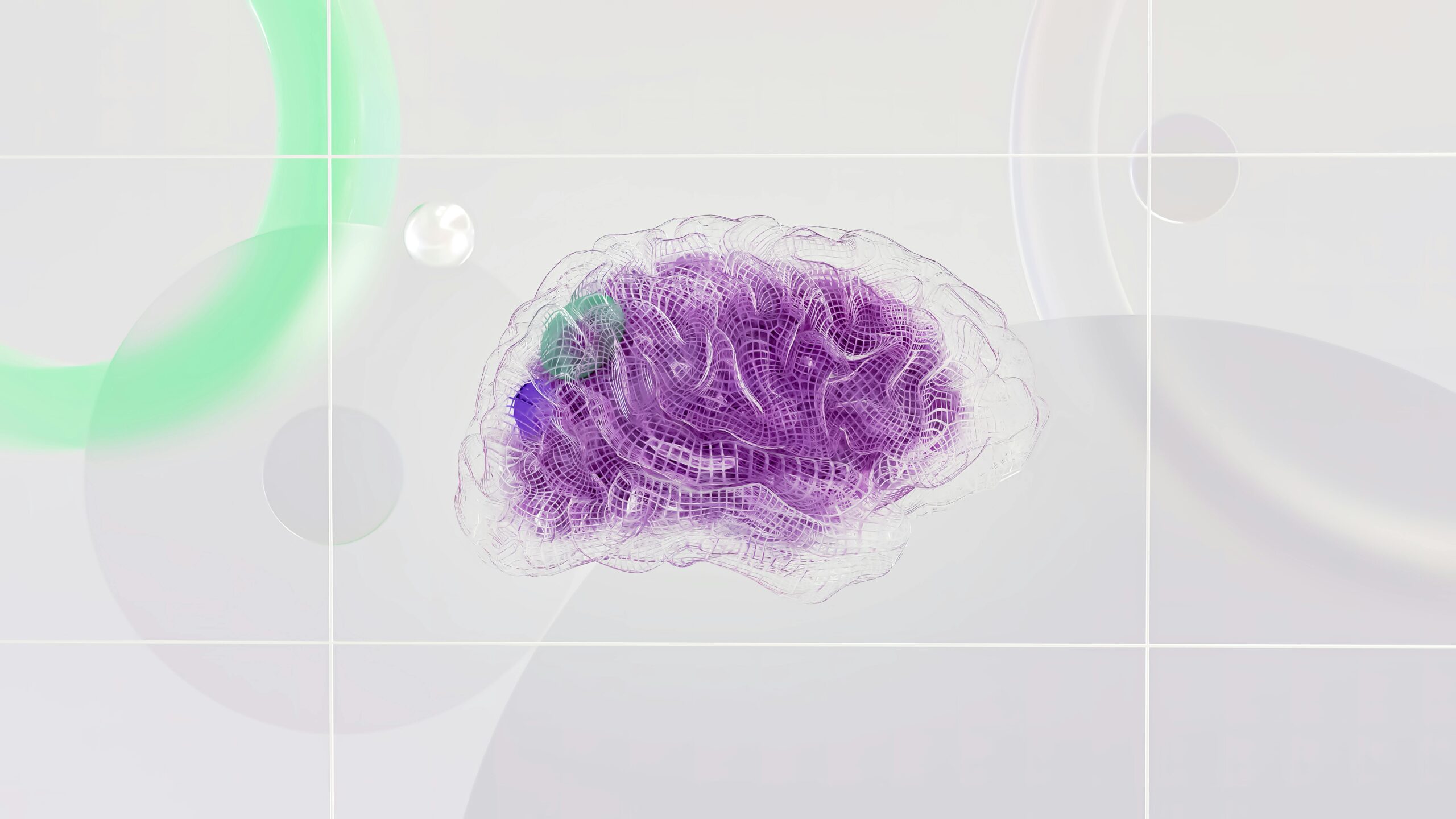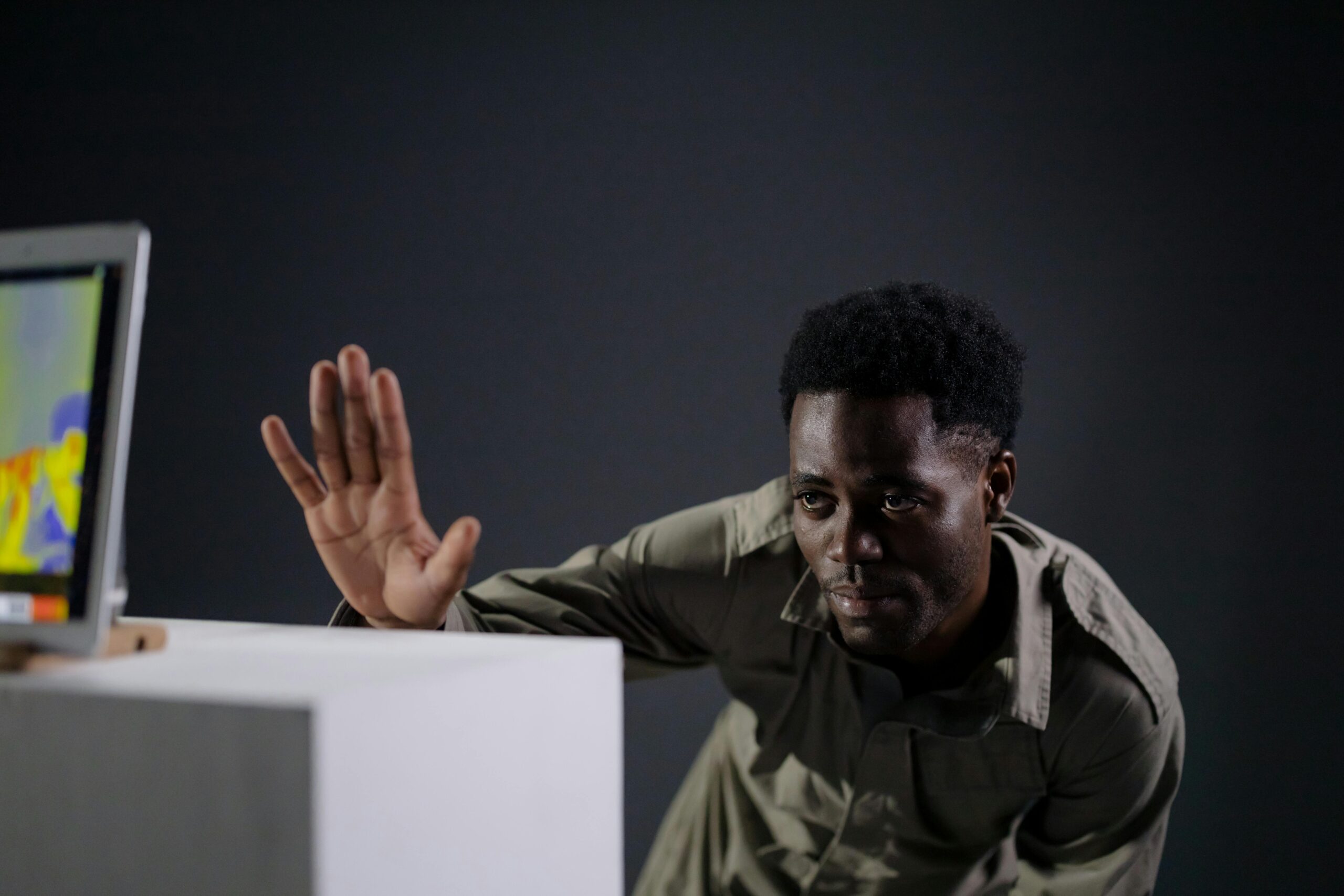What if everything you know—every memory, sensation, and thought—is nothing more than code running in an advanced computer simulation? This unsettling question sits at the heart of one of philosophy’s most provocative modern theories.
🎭 The Birth of a Digital Philosophy
The simulation hypothesis didn’t emerge from science fiction, though it certainly sounds like it belongs there. In 2003, philosopher Nick Bostrom from Oxford University published a groundbreaking paper that would forever change how we think about reality. His argument wasn’t based on wild speculation but on logical probability and computational theory.
Bostrom proposed that at least one of three statements must be true: civilizations destroy themselves before achieving the technology to create simulations, advanced civilizations have no interest in running ancestor simulations, or we are almost certainly living in a computer simulation. The implications of this trilemma have captivated scientists, philosophers, and technology leaders ever since.
The concept taps into ancient philosophical questions about the nature of reality. From Plato’s cave allegory to Descartes’ evil demon, humanity has long questioned whether our perceptions reflect true reality. The simulation hypothesis simply updates these timeless concerns for the digital age.
💻 The Technical Foundation: Could We Really Be Simulated?
Understanding the simulation hypothesis requires grasping the technological trajectory of computing power. Moore’s Law predicted that computing capacity would double approximately every two years, and for decades this held remarkably true. Extrapolate this trend far enough into the future, and you arrive at computational capabilities that dwarf anything we can currently imagine.
Consider the evolution of video games over just fifty years. We’ve progressed from Pong’s simple pixels to photorealistic virtual worlds containing millions of unique elements. Modern games simulate complex physics, realistic weather patterns, and artificial intelligence that responds dynamically to player choices. Now imagine this development continuing for another thousand or million years.
A sufficiently advanced civilization—what scientists call a post-human civilization—would possess computational resources capable of simulating entire universes complete with conscious beings. If creating such simulations becomes possible and desirable, the number of simulated realities would vastly outnumber the single base reality. Statistically speaking, you’re more likely to exist in one of countless simulations than in the one original universe.
The Computing Power Question
Critics often point to the astronomical computing requirements as evidence against the hypothesis. Simulating every particle in the observable universe down to quantum levels would require computational power beyond comprehension. However, proponents argue that a simulation need not render everything at maximum fidelity all the time.
Modern video games employ techniques like level-of-detail rendering, only fully computing what the player directly observes. Similar optimization could apply to a universe simulation. Perhaps quantum uncertainty exists precisely because the simulation only calculates specific values when measured. Reality might operate on a “render on demand” basis, conserving computational resources by leaving unobserved aspects in probabilistic states.
🔬 Scientific Evidence and Observable Anomalies
While the simulation hypothesis remains unfalsifiable in the strict scientific sense, researchers have identified phenomena that some interpret as potential evidence supporting the theory. These aren’t proof, but they’re certainly thought-provoking.
The mathematical nature of physical laws strikes many physicists as suspiciously elegant. The universe operates according to precise mathematical principles that can be expressed in relatively simple equations. Why should reality conform so perfectly to mathematical description unless mathematics is its fundamental language—the programming code underlying existence?
Quantum mechanics presents several puzzling features that align oddly well with simulation theory. The observer effect, where particles exist in superposition until measured, resembles how a computer program might conserve processing power. The existence of a fundamental smallest unit—the Planck length—mirrors the concept of pixels, suggesting reality has a resolution limit like a digital display.
The Fine-Tuning Problem
Cosmologists have long puzzled over how perfectly calibrated the universe’s fundamental constants appear. The strength of gravity, the mass of electrons, and dozens of other values fall within incredibly narrow ranges that permit life to exist. Alter any constant slightly, and stars couldn’t form, atoms couldn’t bond, or the universe would collapse immediately after the Big Bang.
This fine-tuning has three traditional explanations: pure chance, divine design, or the multiverse theory. The simulation hypothesis offers a fourth: these constants were deliberately programmed to produce interesting outcomes, much like game designers balance variables to create engaging gameplay.
🧠 Consciousness and the Hard Problem
Perhaps the most profound implication of the simulation hypothesis concerns consciousness itself. If we exist in a simulation, what is the nature of subjective experience? Are simulated beings truly conscious, or merely sophisticated philosophical zombies executing code that mimics awareness?
This question touches on philosophy’s “hard problem of consciousness”—explaining how physical processes generate subjective experience. Traditional physicalism struggles to explain why there’s something it’s like to be you rather than simply information processing occurring without inner experience.
The simulation hypothesis doesn’t solve this problem but reframes it. If consciousness can emerge from biological neurons, why not from silicon circuits or whatever substrate runs the simulation? The medium might matter less than the pattern of information processing. Your consciousness could be substrate-independent, meaning the subjective you would persist whether instantiated in neurons, transistors, or alien technology beyond comprehension.
The Question of Simulated Rights
If simulated beings possess genuine consciousness, profound ethical questions emerge. Would the simulators have moral obligations toward their creations? Could they ethically terminate a simulation containing billions of conscious minds? These aren’t merely academic concerns—they’re questions about our potential status and rights within a cosmic hierarchy.
Some philosophers argue that our creators would have duties of care, much as we might toward artificial intelligences we create. Others contend that different moral frameworks might apply at different levels of reality. The simulation hypothesis forces us to confront uncomfortable questions about agency, meaning, and moral standing in a potentially artificial existence.
🎮 Living in the Matrix: Practical Implications
Supposing we do live in a simulation, what practical difference does it make? Some argue none whatsoever—if the simulation is sufficiently detailed, it effectively is reality for us. Pain still hurts, love still matters, and death still ends our conscious experience within this realm.
However, knowing we’re simulated could fundamentally alter how we approach existence. It might affect our understanding of:
- The possibility of glitches or exploits in reality’s operating system
- Communication attempts with entities outside the simulation
- The potential for existence beyond this simulated reality
- The likelihood of multiple simulation levels nested within each other
- Our purpose within the simulation—are we research subjects, entertainment, or something else entirely?
Technology leaders like Elon Musk have publicly stated their belief that we probably live in a simulation. Musk argues the odds are “billions to one” that this is base reality. While this doesn’t constitute scientific evidence, it demonstrates how seriously some forward-thinking individuals take the hypothesis.
🔮 The Nested Simulations Problem
One particularly mind-bending implication involves recursive simulations. If we develop the capability to create realistic simulated universes populated with conscious beings, those simulated beings might eventually create their own simulations. This could continue indefinitely, creating vast hierarchies of nested realities.
At what level might we exist? Are we in the base reality, the first simulation layer, or thousands of levels deep? Each layer presumably possesses less computational power than the level above, potentially explaining why we haven’t yet achieved the capability to run ancestor simulations ourselves—we’re too far down the stack.
This nesting raises fascinating questions about communication between levels. Could we send signals to our simulators? Would they notice or care? Could glitches in our reality actually be bugs in the simulation code or intentional interventions from above?
🎯 Testable Predictions and Scientific Approaches
Despite its philosophical nature, some researchers have proposed experiments that might reveal evidence of simulation. Physicist James Gates discovered error-correcting codes embedded in equations describing fundamental physics—the same codes used in computer systems to prevent data corruption. While not proof, this discovery struck many as remarkably suspicious.
Other proposed tests include searching for computational limits that might manifest as irregularities in physical laws at extreme scales or energies. If the simulation has finite processing power, it might break down or show artifacts under extreme conditions, similar to how video games glitch when pushed beyond their design parameters.
Cosmologist John Barrow suggested that small changes in fundamental constants over time could indicate programmers tweaking simulation parameters. Monitoring whether constants like the speed of light or fine structure constant truly remain constant could potentially reveal evidence of outside manipulation.
The Unprovable Nature of Reality
Ultimately, the simulation hypothesis may be unfalsifiable. A sufficiently advanced simulation could perfectly mimic natural reality, leaving no detectable traces. Any evidence we discover could itself be simulated. We face an epistemological barrier—our tools for investigating reality are themselves part of the potentially simulated reality.
This doesn’t make the hypothesis meaningless, however. Many valuable philosophical and scientific frameworks rest on unprovable assumptions. The simulation hypothesis provides a coherent framework for thinking about reality, consciousness, and our place in existence, even if we can never definitively prove or disprove it.
🌌 Philosophical and Existential Consequences
Beyond the technical and scientific considerations, the simulation hypothesis carries profound existential weight. How should we live if we suspect our reality is artificial? Does meaning evaporate if we’re characters in someone else’s program?
Many philosophers argue the opposite. Simulated existence doesn’t necessarily undermine meaning or value. Your relationships, achievements, and experiences matter within your frame of reference regardless of the underlying substrate. A simulated joy feels identical to “real” joy. A simulated person loves, suffers, and dreams just as authentically as anyone in base reality.
The hypothesis might actually provide comfort regarding existential questions. If we’re simulations, our creators might preserve consciousness beyond physical death, backing up or transferring our patterns to new substrates. Death might not be final but merely a transition between states or levels of reality.
🚀 The Future of Simulation Theory
As our technological capabilities advance, we edge closer to creating sophisticated simulations ourselves. Virtual reality grows increasingly immersive, artificial intelligence more sophisticated, and our understanding of consciousness deeper. Within centuries or millennia, we might develop the ability to run detailed simulations containing conscious beings.
This approaching capability makes the simulation hypothesis more relevant, not less. If we create simulated realities, we’ll face the ethical, philosophical, and practical questions it raises firsthand. We’ll become the gods of small digital universes, forced to confront what that means for us and our creations.
The development of quantum computing might provide crucial insights. If quantum computers can efficiently simulate quantum systems, and consciousness somehow depends on quantum effects as some theories suggest, we might be much closer to creating conscious simulations than previously thought.
🎪 Cultural Impact and Popular Reception
The simulation hypothesis has permeated popular culture in fascinating ways. The Matrix franchise brought the concept to mainstream audiences, while shows like Westworld and Black Mirror explore its implications. These cultural touchstones help broader audiences grapple with profound philosophical questions previously confined to academic discussions.
This popularization has both benefits and drawbacks. It raises awareness and gets people thinking about fundamental questions regarding reality and existence. However, it can also lead to misunderstandings or treating the hypothesis as more proven than it actually is. The line between serious philosophical inquiry and science fiction speculation sometimes blurs.
Social media has amplified discussions around simulation theory, with communities forming to discuss evidence, implications, and related ideas. This democratization of philosophical discourse allows more voices to contribute but can also spread misconceptions or oversimplified interpretations.

💡 Where Do We Go From Here?
The simulation hypothesis forces us to confront fundamental questions about knowledge, reality, and existence. Whether we live in base reality or a sophisticated simulation, the questions it raises remain valuable. It challenges our assumptions, expands our thinking, and reminds us how much we still don’t understand about consciousness, existence, and the nature of reality itself.
Perhaps the most important implication is humility. The simulation hypothesis reminds us that our confident understanding of reality might be fundamentally mistaken. We might be as confused about the true nature of existence as a video game character would be trying to understand the PlayStation running their world.
This uncertainty need not lead to despair or nihilism. Instead, it can inspire wonder, curiosity, and continued exploration. Whether simulated or base-level real, this universe remains awe-inspiring, consciousness remains miraculous, and existence remains worth contemplating. The simulation hypothesis doesn’t diminish these truths—it enriches them with additional layers of mystery and possibility.
As we continue advancing technologically and philosophically, we may eventually gather stronger evidence one way or another. Until then, we exist in productive uncertainty, free to explore, question, and wonder about the true nature of the reality we inhabit. And perhaps that sense of mystery, that drive to understand and explore, is itself the point—whether programmed or emergent, simulated or real.
Toni Santos is a cosmic anthropology researcher and universal‐history writer exploring how ancient astronomical cultures, mythic narratives and galactic civilizations intersect to shape human identity and possibility. Through his studies on extraterrestrial theories, symbolic cosmology and ancient sky-observatories, Toni examines how our story is woven into the fabric of the universe. Passionate about celestial heritage and deep time, Toni focuses on how humanity’s past, present and future converge in the patterns of the stars and stories of the land. His work highlights the dialogue between archaeology, mythology and cosmic theory — guiding readers toward a broader horizon of meaning and connection. Blending anthropology, cosmology and mythic studies, Toni writes about the architecture of human experience on the cosmic stage — helping readers understand how civilizations, story and consciousness evolve beyond Earth. His work is a tribute to: The sky-woven stories of ancient human cultures The interconnectedness of myth, archaeology and cosmic philosophy The vision of humanity as a participant in a universal story Whether you are a historian, cosmologist or open-minded explorer of universal history, Toni Santos invites you to travel the cosmos of human meaning — one culture, one myth, one horizon at a time.




